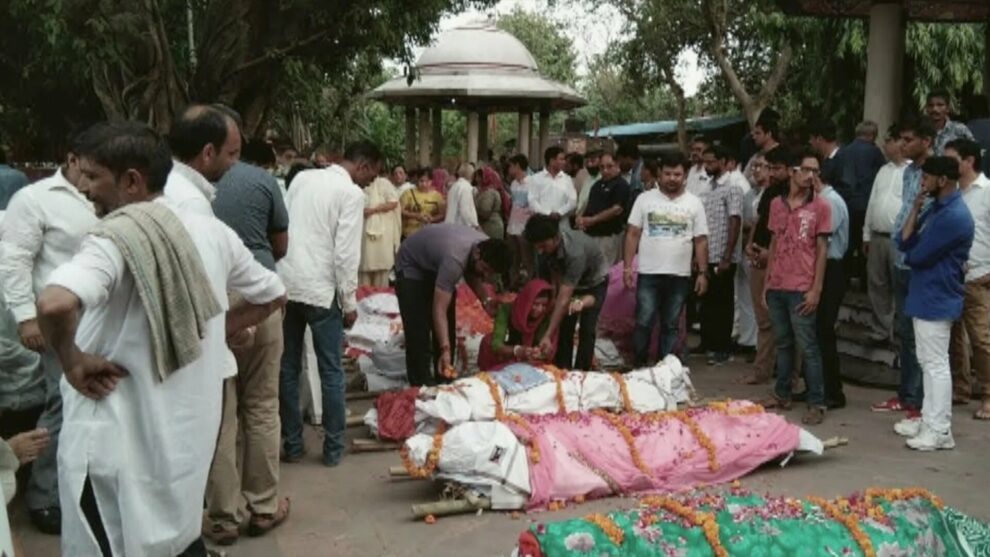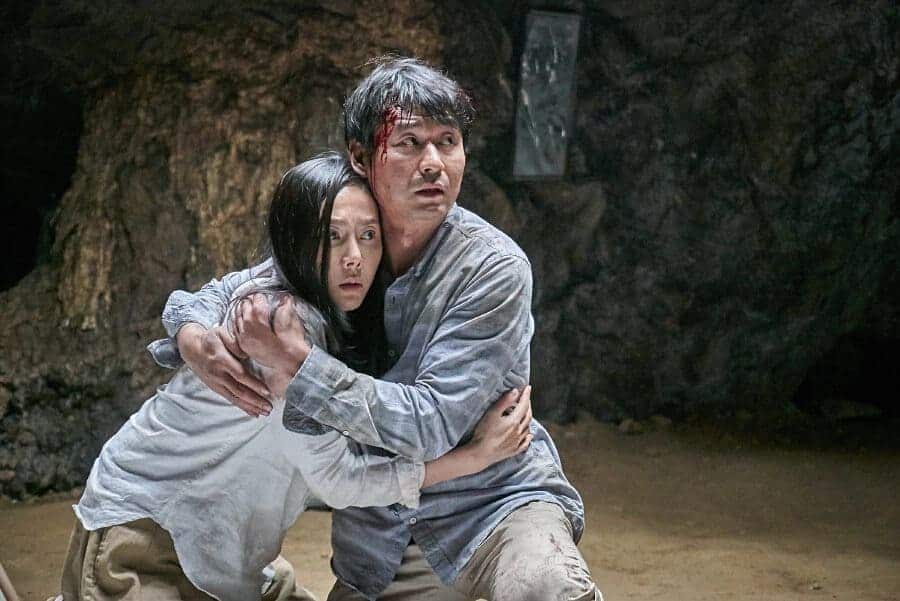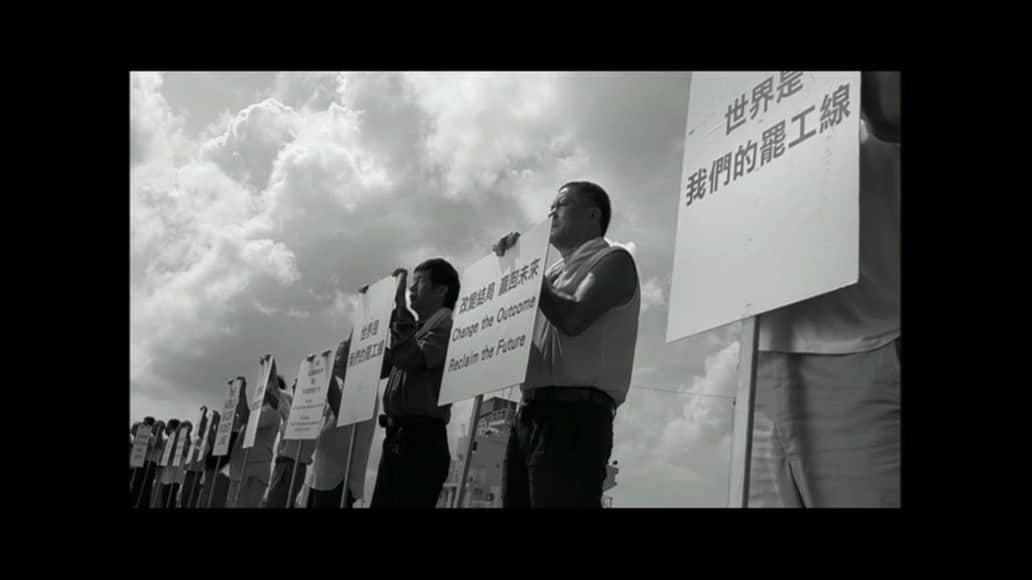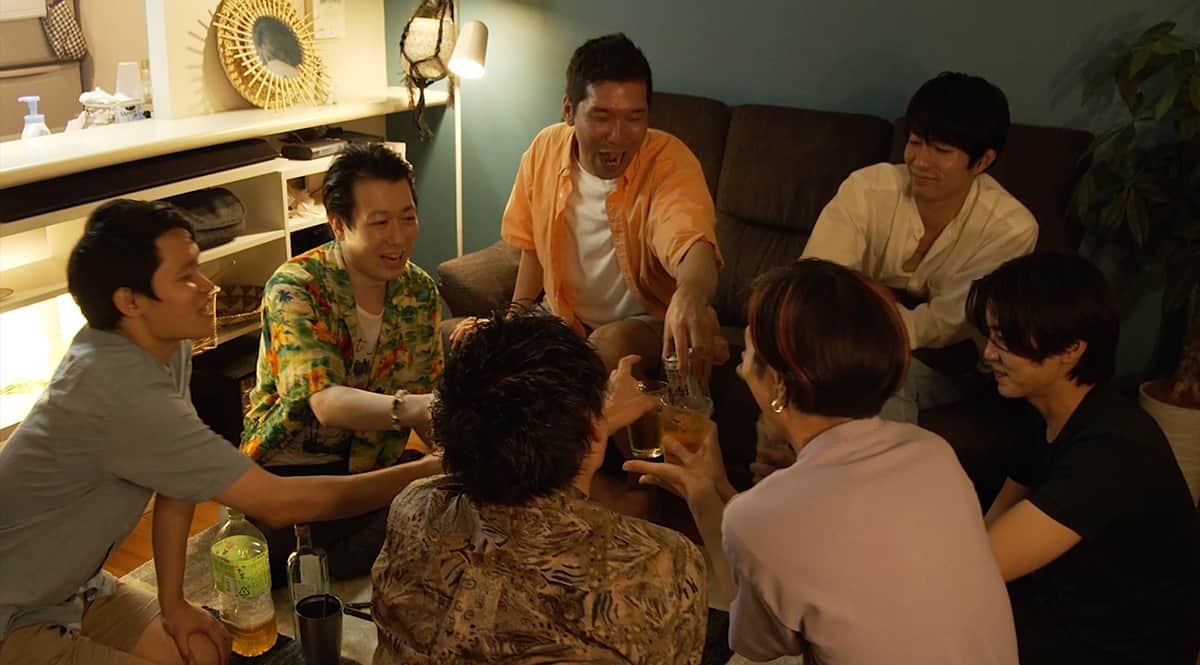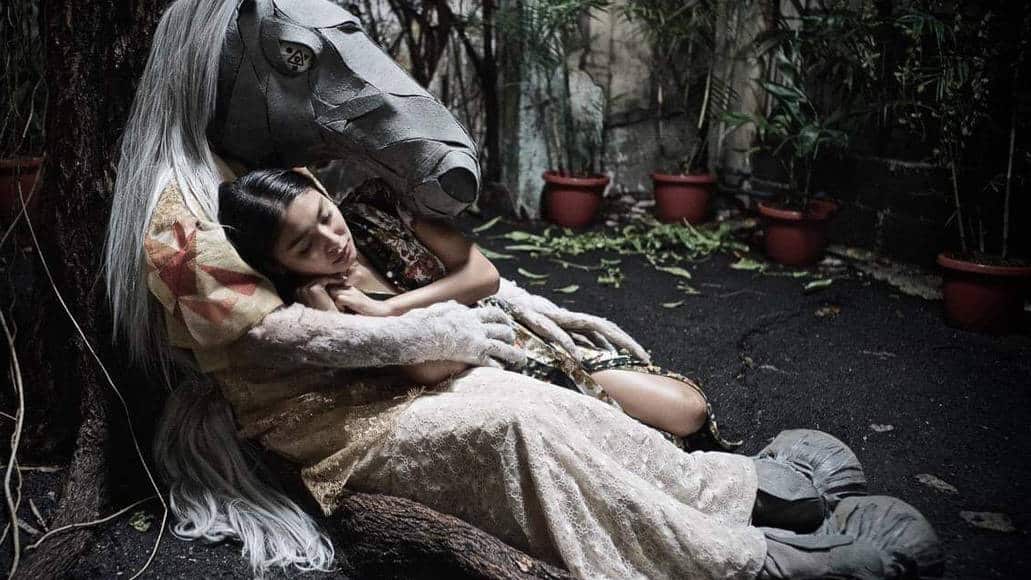The Burari deaths shocked the New Delhi society as much as the whole country. Eleven family members of the Chundawant family were found hanged from the ceiling of the apartment they were living in, while the oldest family member, the grandmother, was found strangled in the next room. Immediately drawing attention by the media for its mysterious circumstances, the whole thing soon because a “circus”, with the remaining family members being adamant that this was not suicide, the media exoticizing the whole thing talking about supernatural events and conspiracy theories, and various organizations trying to exploit the whole situation to promote their own agenda.
Click on the image below to follow our Tribute to Netflix
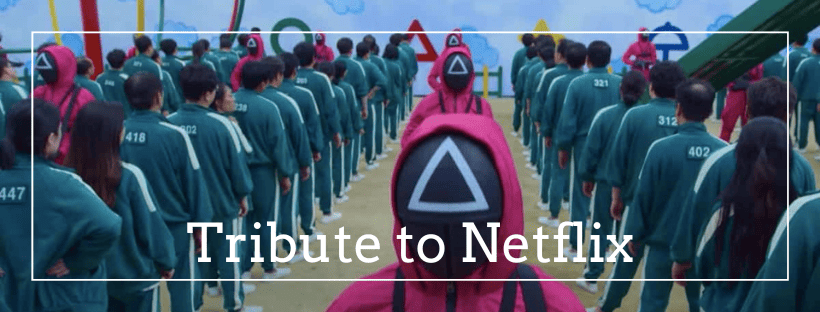
Three years after the events, in 2021, Leena Yadav presented a 3-episode documentary that attempts to shed light on what exactly happened, what followed, and the circumstances and reasons that led to the horrifying deed. In that fashion, the series begins with the discovery of the crime by the neighbor Gurcharan Singh, and soon turns to the involvement of the police, the crowd, and eventually media and politicians, with chaos expectedly ensuing quite fast after the horrendous discovery. The first episode focuses on presenting the family through interviews with neighbors and family members, some of which are still in Tohana, Haryana, where the family initially comes from. The first conspiracy theories, the response of the press, the chaos that ensued and the efforts of the police to solve the crime are initially presented in this episode, carrying on however, to the rest of the series.
The second episode essentially reveals what happened, while the third mostly deals with the why. That the more details are revealed the more chilling the whole thing gets emerges as one of the most appealing assets of the docuseries, with Yadav taking full advantage of the case in order to present, additionally, a series of social comments.
As such, the underlying elements of the documentary emerge as interesting as the main case. Lalit's psychological portrait and the way he reached what can only be described as psychosis is highlighted quite eloquently, with Yadav also dealing with patriarchy in Indian society, with the two factors emerging as the roots of the crime. Moreover, the significant role the press played in this saga cannot be overlooked. The majority of mass media outlets became the primary catalysts for turning the situation into a circus.
Additionally, various antigovernmental factions, or those with ulterior motives, attempted to exploit the scenario to criticize the authorities for their own gain. This multifaceted dynamic adds another layer of complexity to the documentary. Lastly, the role of the police, as mirrored in the interviews of the two officers, is quite interesting to watch, with their attitude lingering between the defensive/apologetic and the self-congratulatory, with the truth probably lying somewhere in the middle.
Regarding the presentation, Yadav follows the recipe that has become the standard of the Netflix/Hollywood documentary. Rather fast pace, interviews with as many people as possible, a bit of dramatization (thankfully very brief here) and a number of panoramic shots, which are implemented both to highlight the setting and provide some relief from the overall context. Although cliched, the particular approach works quite well, retaining interest for what is essentially a documentary that lasts over two hours, even though the quality, along with the pace, somewhat deteriorates during the last episode. Furthermore, the approach regarding the issues with mental illness in India is definitely epidermal, occasionally looking as if forcibly included in the narrative, while the fact that the expert is a clinical hypnotherapist does emerges as somewhat weird.
Despite some issues here and there, “House of Secrets: The Burari Deaths” emerges as a very easy to watch docuseries that manages to shed light to a shocking case and to place the whole thing into a wider sociopolitical frame.


